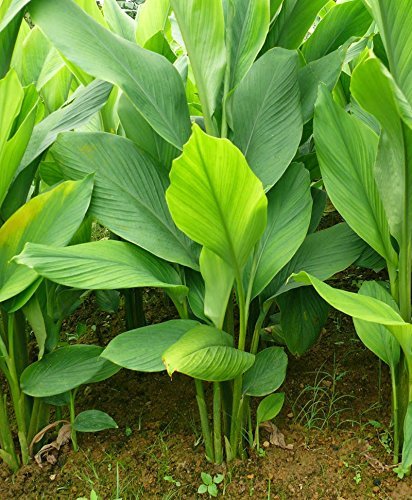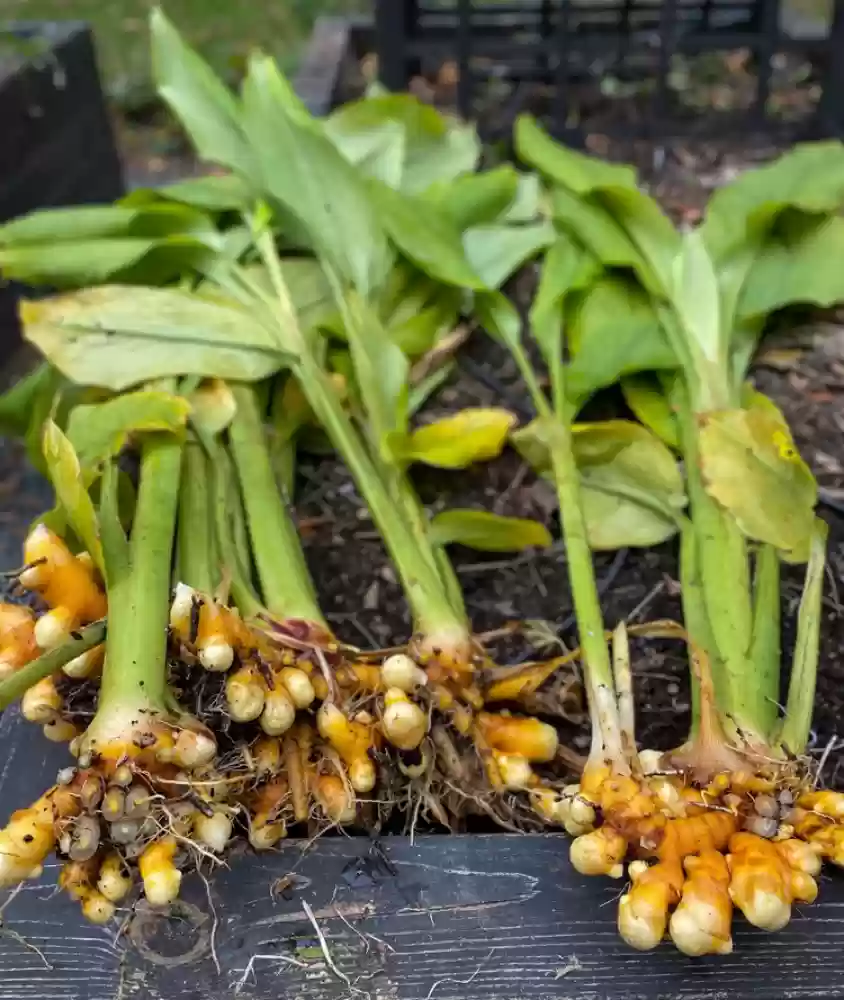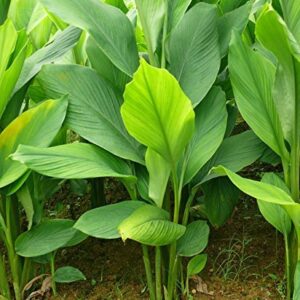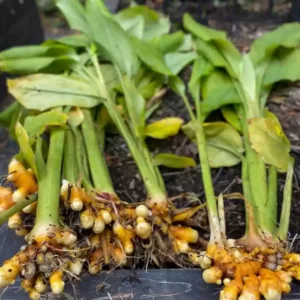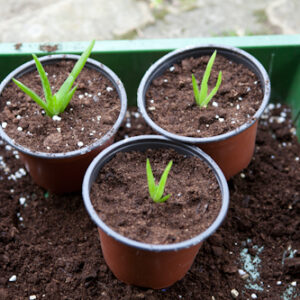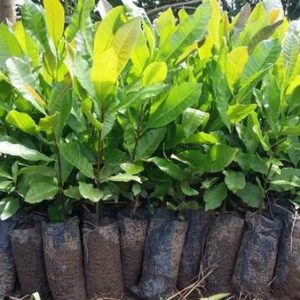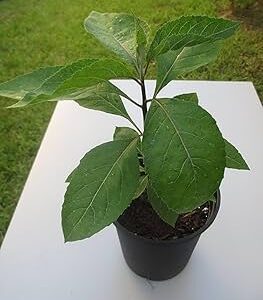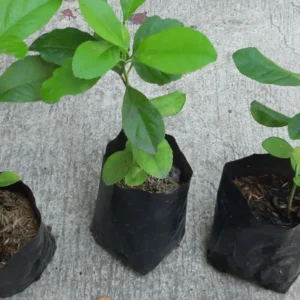🌿 Turmeric Seedling (Curcuma longa)
Turmeric is a tropical herb prized for its bright yellow rhizomes, used in cooking, medicine, and cosmetics. It is usually grown from rhizomes (underground stems) rather than true seeds, but once sprouted, these shoots are called turmeric seedlings.
🌱 What is Turmeric?
-
Scientific name: Curcuma longa
-
Common names: Turmeric, “Yellow Ginger”
-
Uses: Spice, traditional medicine, skincare, natural dye
-
Main compound: Curcumin (anti-inflammatory and antioxidant)
🌿 Turmeric Seedling Characteristics:
-
Height at seedling stage: 6–12 inches
-
Leaves: Long, green, and broad
-
Stem: Soft and green, grows from rhizome
-
Root: Rhizome (underground stem that stores nutrients)
✅ Ideal Growing Conditions:
| Factor | Requirement |
|---|---|
| Climate | Warm, humid, tropical |
| Sunlight | Partial to full sun (at least 4–6 hours/day) |
| Soil | Loose, well-drained, rich in organic matter |
| Watering | Consistent moisture (not waterlogged) |
| Spacing | 20–30 cm apart |
🌱 How to Plant Turmeric Seedlings:
-
Prepare raised beds or bags with rich, loose soil.
-
Plant sprouted rhizomes or seedlings 5–8 cm deep.
-
Water gently and cover with mulch.
-
Keep the soil moist — especially during dry periods.
🌾 Care and Maintenance:
-
Watering: Regular, especially during dry spells
-
Fertilizer: Organic compost or NPK 10:10:10 every 2–3 months
-
Weeding: Keep plot clean to avoid competition
-
Pests: Watch for aphids, leaf spots — use neem spray or natural remedies
🧡 Harvest Time:
-
7–9 months after planting
-
Harvest when leaves begin to yellow and dry

